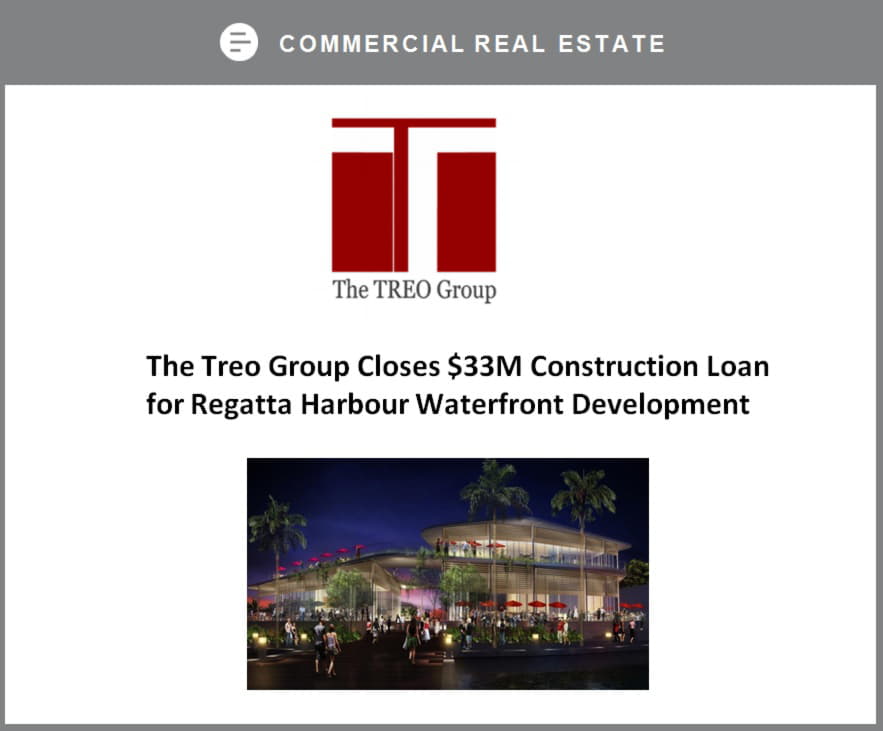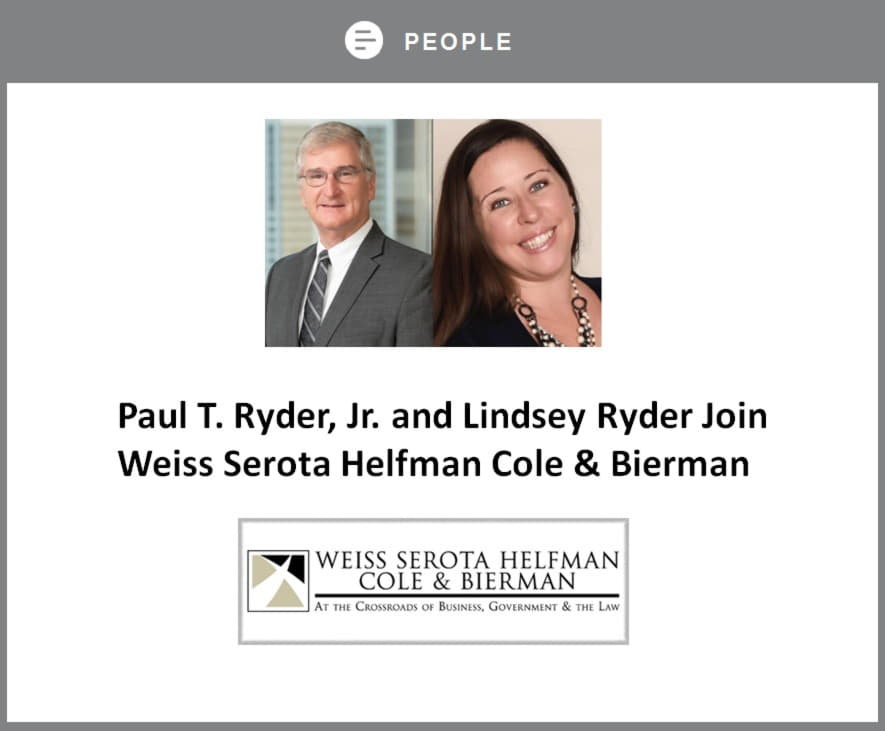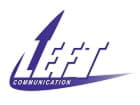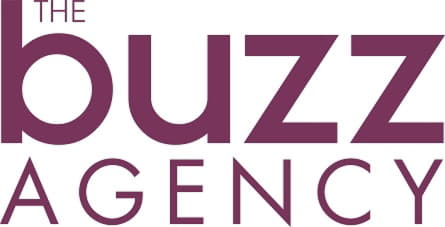
As a construction lawyer, a big part of my practice is reviewing, negotiating, and litigating over the terms of construction contracts. Over time, patterns start to emerge that reveal what are the most important, and as a result the most litigated, provisions in a construction contract. Because these clauses are usually where the risk is in most need of being managed (and hence the place where most disagreements arise), people working in the construction industry would do well to give greater attention to these 5 important clauses.
- The payment clauses: The language stating how and when payment will be made is obviously crucial. While we all like working in this great industry, no one will last long if we don’t get paid. So read the payment clause to determine whether it is a “pay-when-paid”, a “pay-if-paid”, or contains no contingency at all. You should also consider the logistics of how payment will be accomplished, as sometimes the process becomes as big a hurdle to payment as anything else.
- The change in work clause: Almost every construction litigation case involves change orders on some level. Change orders, as a practical matter, usually relate back to budgetary concerns. The change order process should be simple and clear. It is not uncommon for there to be contradicting and uneven language when it comes to change orders, and this does not serve anyone’s cause. While it may seem like a good idea to have language which says the contractor cannot proceed with work without a signed change order and a contradicting clause that allows the owner to direct the contractor to perform minor changes without a change order, these types of inconsistencies are what create expensive litigation.
- Indemnification and insurance clauses: I take these two clauses together because they should really be viewed on separate but parallel tracks. The interplay between them is routinely an area ripe for negotiation. Issues to consider include whether an indemnification obligation should exceed what insurance will cover, whether the contractor should waive workers’ compensation immunity in instances where indemnification is required, and how much control a party has over the party to whom they are providing indemnification.
- Scheduling: Aside from cost, the other critically important concern of the owner (and thus everyone else) is time. This is in part because “time is money”. Issues such as who controls the schedule, is there float in the schedule, and who controls the float are important. Scheduling issues are not always complicated, but mistakes in this arena usually create problems with huge price tags.
- Dispute resolution clauses: These clauses are the most ignored of the 5 key clauses. This is because hope springs eternal at the start of a project and no one thinks a dispute will arise. A great deal of resources are often wasted fighting over the dispute resolution procedures if a dispute arises, however, because manipulation of the dispute resolution procedure can be the difference between winning and losing in litigation. Issues like forum selection, notice requirements, jury waivers, and the procedural or evidentiary rules to be used are often addressed here. Pay close attention to what the rules of the game will be in litigation, even if you don’t intend to negotiate them. These rules will necessarily impact whether you even decide to pursue a claim.
These 5 clauses are just some of the issues to consider when negotiating a construction contract or considering a construction claim. Different practitioners may give them to you in a different order, but most if not all of them would give you at least 4 of these 5 in their list. As result, construction companies and professionals should give them a little more attention along the way.
ABOUT JOSHUA QUINTER

Josh Quinter is a commercial litigation and business planning lawyer with a focus on construction law. Mr. Quinter actively works with his clients in the areas of business planning, contract negotiation and project consulting, risk management and dispute resolution, and litigation. His client service and professionalism have earned him the distinction of being named a Pennsylvania Super Lawyer, a Lawyer on the Fast Track, and a Rising Star.
ABOUT OFFIT KURMAN
Offit Kurman is one of the fastest-growing, full-service law firms in the Mid-Atlantic region. With over 135 attorneys offering a comprehensive range of services in virtually every legal category, the firm is well positioned to meet the needs of dynamic businesses and the people who own and operate them. Our eleven offices serve individual and corporate clients in the Virginia, Washington, DC, Maryland, Delaware, Pennsylvania, New Jersey, and New York City. At Offit Kurman, we are our clients’ most trusted legal advisors, professionals who help maximize and protect business value and personal wealth. In every interaction, we consistently maintain our clients’ confidence by remaining focused on furthering their objectives and achieving their goals in an efficient manner. Trust, knowledge, confidence—in a partner, that’s perfect.
You can connect with Offit Kurman via our Blog, Facebook, Twitter, Google+, YouTube, and LinkedIn pages. You can also sign up to receive Law Matters, Offit Kurman’s monthly newsletter covering a diverse selection of legal and corporate thought leadership content.
MARYLAND | PENNSYLVANIA | VIRGINIA| NEW JERSEY | NEW YORK | DELAWARE | WASHINGTON, DC



















